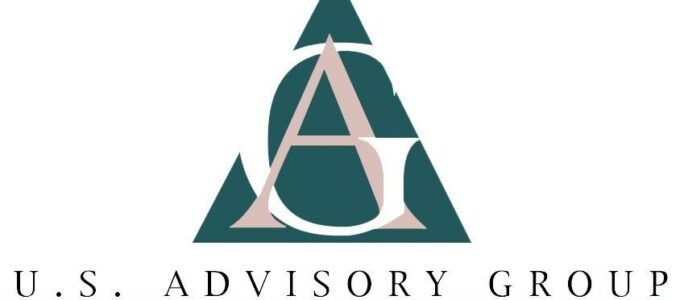Friday, March 27, 2020
These are confusing times. We often hear, “Sell the rumor, buy the facts,” but when fact and rumor blur, it becomes tempting to call investing “complicated.” That is why above all, we try to make investing straightforward. We have been consistent with our investment approach for many years; we build financial plans for our clients that begin with a clearly articulated Investment Policy Statement to define the unique goals and expectations of each client.
A portfolio alone is not a plan, nor is a plan a portfolio. The balance of investment deployment, time horizons, risk tolerances, and tax mitigation are the ingredients to a successful, planned portfolio.
We use a combination of equity, debt and alternatives to build a portfolio that suits the needs of each client. The scale slides towards equities as the time horizon widens and as the tolerance for risk increases. If the time horizon is shorter and a client is more risk intolerant, we slide more weight towards fixed income or debt (or real estate), which aims to mitigate the large peaks and valleys in the overall market.
Diversification is another tool we use to manage risk – whether you are an aggressive investor or more conservative. We diversify our portfolios by asset class, market capitalization, and geographic location as well as by managers and investment vehicles. It is imperative to review your portfolios to ensure that your current allocation matches your Investment Policy Statement as the market continues to change.
You know by now that it is important to “Stay the course.” But what does that mean, exactly?
Rely on your Investment Policy Statement; hark back to your goals and objectives. Whether we are in the midst of a Bull Market or Bear Market, your goals and objectives should not change. Be careful to not let the course of the market dictate your goals.
While we closely monitor the external economic factors that are driving your portfolios, here are some ways we continue to work to help you ride through this health crisis and position yourself for the recovery.
- Account Rebalances. If an account drifts away from the suitable range of investments, we will rebalance the account. With the recent turbulence in the market, many portfolios that intend to be 60/40 have drifted closer to 50/50 (equity/debt). We monitor this to make sure your investments continue to match your IPS.
- Active vs. Passive Management. You may have heard about this debate and we talk about it often – can active management beat passive management? There’s no rule that says you cannot use both. Some of our managers pick the holdings and seldom make trades. Other managers actively rotate their holdings in and out of sectors of the market. Right now, active management can be useful to exploit opportunities in the market. We work to create an appropriate balance of Active and Passive managers in your portfolios.
- Cash Management. We do not typically view cash as an investment but it is a valuable tool in a portfolio. Recently, those clients who have cash on the sidelines have been able to buy shares of companies they already own at a discount, therefore lowering their average cost basis in the position. But even if you do not have new cash to add to your account, we are actively using the dividends and income from your investments to strategically average down and reduce your basis.
Remember, your investment plan does not simply begin and end with your portfolio. Here are two other areas we continue to consider in light of the market volatility.
- Tax Mitigation. It is important that we know our clients financial background well. As always, we have a plan in place to limit your tax liabilities. If you are expecting future events that may increase your tax bill (i.e. an inheritance, sale of a property, sale of a business, etc.), now is a perfect time to make any adjustments that may reduce your expected tax bill. Offsetting looming bills with realized losses or deferring income is a great way to reduce your bill. Please call us if you have any questions about contributing to retirement accounts or managing future expenses that may affect your bill.
- Estate Planning Documents. These past several weeks serve as a reminder to us all to update our Estate Planning Documents. Please contact us if you would like to have a conversation about updating any part of your Estate Plan. We have available resources to help you develop a desired outcome, and then have documents reflect that picture. Have the plan reflect the values and not the valuables of the family.
We hope you and your family are doing well and managing this crisis as best as possible. Please do not hesitate to reach out to our office at any point about any of the information in here, or anything else Financial Planning related. We are and will continue to be here to help you get through this.
- Tucker, Chris and Rick McDonald




